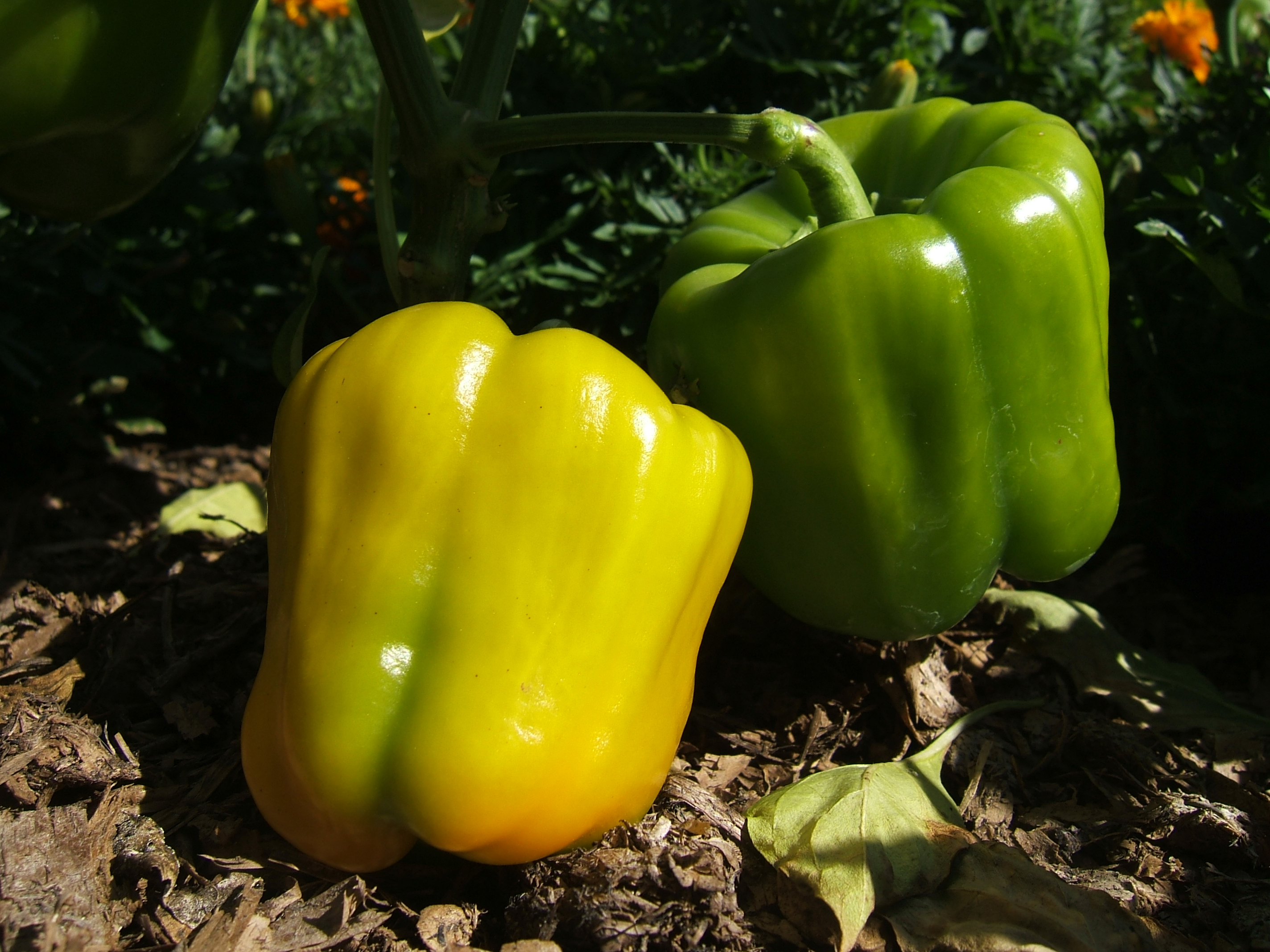Exactly How Plant Foods Play an Important Function in Growing Abundant and healthy and balanced Pepper Crops
Plant foods serve as the foundation of successful pepper farming, providing a strategic technique to nourishing the dirt and fostering optimal plant growth. The complex dance between important nutrients and the pepper plants' physiological processes emphasizes the essential duty that fertilizers play in making certain a bountiful harvest.
Importance of Nutrient-Rich Fertilizers
The use of nutrient-rich fertilizers plays a critical duty in enhancing the efficiency and top quality of pepper crops in modern-day agricultural practices. Pepper plants call for a well balanced mix of crucial nutrients to prosper and create high returns of top quality fruits. Phosphorus, nitrogen, and potassium are primary nutrients that are vital for the growth and growth of pepper plants. Nitrogen help in leafy environment-friendly growth and total plant vigor, phosphorus sustains root growth and flower manufacturing, while potassium adds to illness resistance and fruit quality.
Poor levels of these nutrients can bring about stunted development, reduced returns, and vulnerability to illness (best fertilizers for peppers). Nutrient-rich plant foods give a targeted solution to ensure that pepper plants receive the necessary aspects for ideal development and efficiency. In addition, these fertilizers assist boost soil fertility gradually, developing a sustainable atmosphere for lasting pepper farming
Enhancing Plant Growth and Advancement
To maximize plant growth and development in pepper plants, strategic application of nutrient-rich fertilizers is essential. Fertilizers play an essential function in improving the total health and productivity of pepper plants by supplying them with crucial nutrients that may be lacking in the soil. Nitrogen, phosphorus, and potassium are main macronutrients called for in large quantities by peppers for robust growth. Nitrogen help in leafed green growth and overall plant vigor, phosphorus supports origin development and flower formation, while potassium contributes to disease resistance and fruit high quality.
Along with these macronutrients, micronutrients such as zinc, magnesium, and iron are also crucial for the correct performance of numerous plant processes. Iron, for instance, is needed for chlorophyll manufacturing, which is important for photosynthesis and general plant growth. Zinc plays an essential role in enzyme activity and hormonal agent synthesis, affecting plant growth and growth at a cellular degree. Magnesium is necessary for the formation of chlorophyll and total energy transfer within the plant.

Boosting Disease Resistance With Fertilizers
By purposefully incorporating targeted plant foods, farmers can strengthen the disease resistance of pepper crops, making certain optimal plant health and wellness and performance. Fertilizers consisting of crucial nutrients like nitrogen, potassium, and phosphorus play a crucial role in enhancing pepper plants' body immune systems, making them more resilient to different conditions. Nitrogen, as an example, aids in the production of proteins that are crucial for plant protection devices. Phosphorus contributes to root growth, enabling plants to much better soak up nutrients and water, thus improving their capacity to ward off conditions. Potassium manages processes that boost general plant wellness, making peppers more durable versus pathogens.

Making The Most Of Pepper Return Via Fertilization
Utilizing a balanced fertilizing method is vital to achieving maximum pepper return and ensuring ideal plant performance. By giving peppers with the right nutrients at the best time, farmers can dramatically boost their yield potential. Phosphorus, nitrogen, and potassium are necessary components for pepper development, with nitrogen assisting in fallen leave and stem growth, phosphorus sustaining origin growth and flower formation, and potassium promoting overall plant health.
To take full advantage of pepper return, it is crucial to conduct dirt examinations to establish existing vitamins and mineral degrees and determine any type of deficiencies that need to be resolved. Based upon these outcomes, farmers can establish a tailored fertilization strategy that fulfills the certain requirements of their pepper crops. Additionally, appropriate fertilization strategies such as split applications throughout the expanding period can make sure constant nutrient schedule for the plants.

Lasting Fertilizer Practices for Peppers
In thinking about lasting fertilizer methods for peppers, it is crucial to concentrate on lasting dirt health and environmental stewardship in conjunction with making the most of crop productivity. One key approach is the usage of natural plant foods such as garden compost, manure, or cover crops, which not only supply crucial nutrients to the peppers but additionally contribute to soil structure and microbial task. best fertilizers for peppers.
Additionally, accuracy farming strategies, such as dirt screening and targeted nutrient applications, can aid optimize fertilizer usage, guaranteeing that peppers obtain the nutrients they require without excess runoff into rivers. This not only benefits the atmosphere by reducing pollution but likewise conserves prices for farmers by reducing waste. By adopting sustainable fertilizer techniques, pepper farmers can secure the wellness of their plants, soil, news and bordering environments for future generations.
Verdict
To conclude, fertilizers are necessary for growing abundant and healthy and balanced pepper plants. best fertilizers for peppers. They offer needed nutrients for plant development and development, boost condition resistance, and take full advantage of yield. By implementing sustainable plant food practices, farmers can guarantee the long-term health of their pepper crops and contribute to a more environmentally-friendly and efficient agricultural system
The intricate dancing in between necessary nutrients and the pepper plants' physiological procedures emphasizes the crucial duty that plant foods play in making sure a plentiful harvest.To enhance plant development and development in pepper crops, critical application of nutrient-rich plant foods is necessary. Fertilizers play a crucial duty in improving the overall wellness and efficiency of pepper plants by offering them with essential nutrients that may be lacking in the dirt.By strategically including targeted plant foods, farmers can boost the illness resistance of pepper plants, making certain ideal plant wellness and performance. Plant foods containing necessary nutrients like potassium, nitrogen, and phosphorus play a crucial role in strengthening pepper plants' immune systems, making them more resilient to different illness.
Comments on “Best Fertilizers for Peppers: Enhance Growth and Flavor with Our Leading Picks”